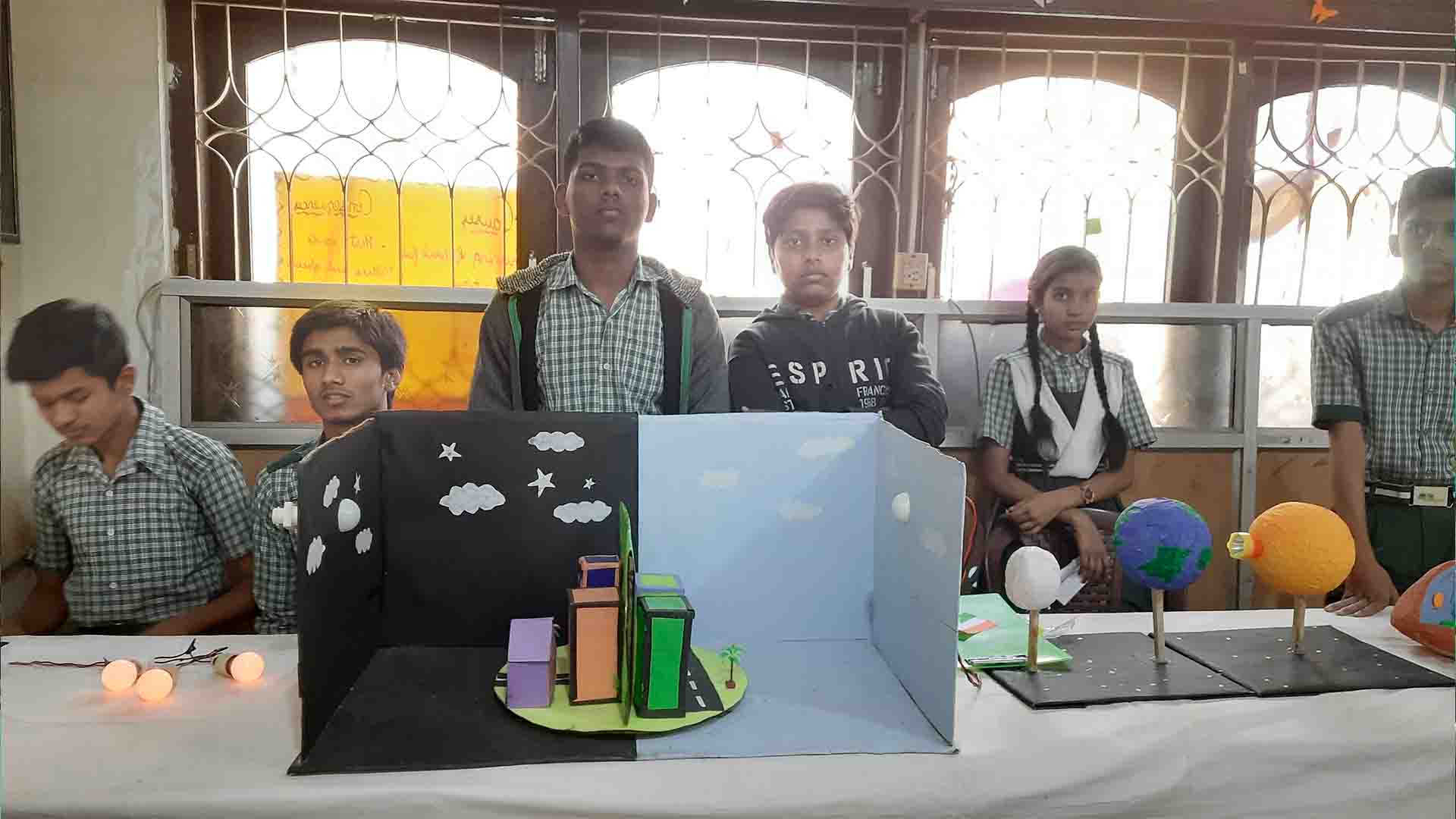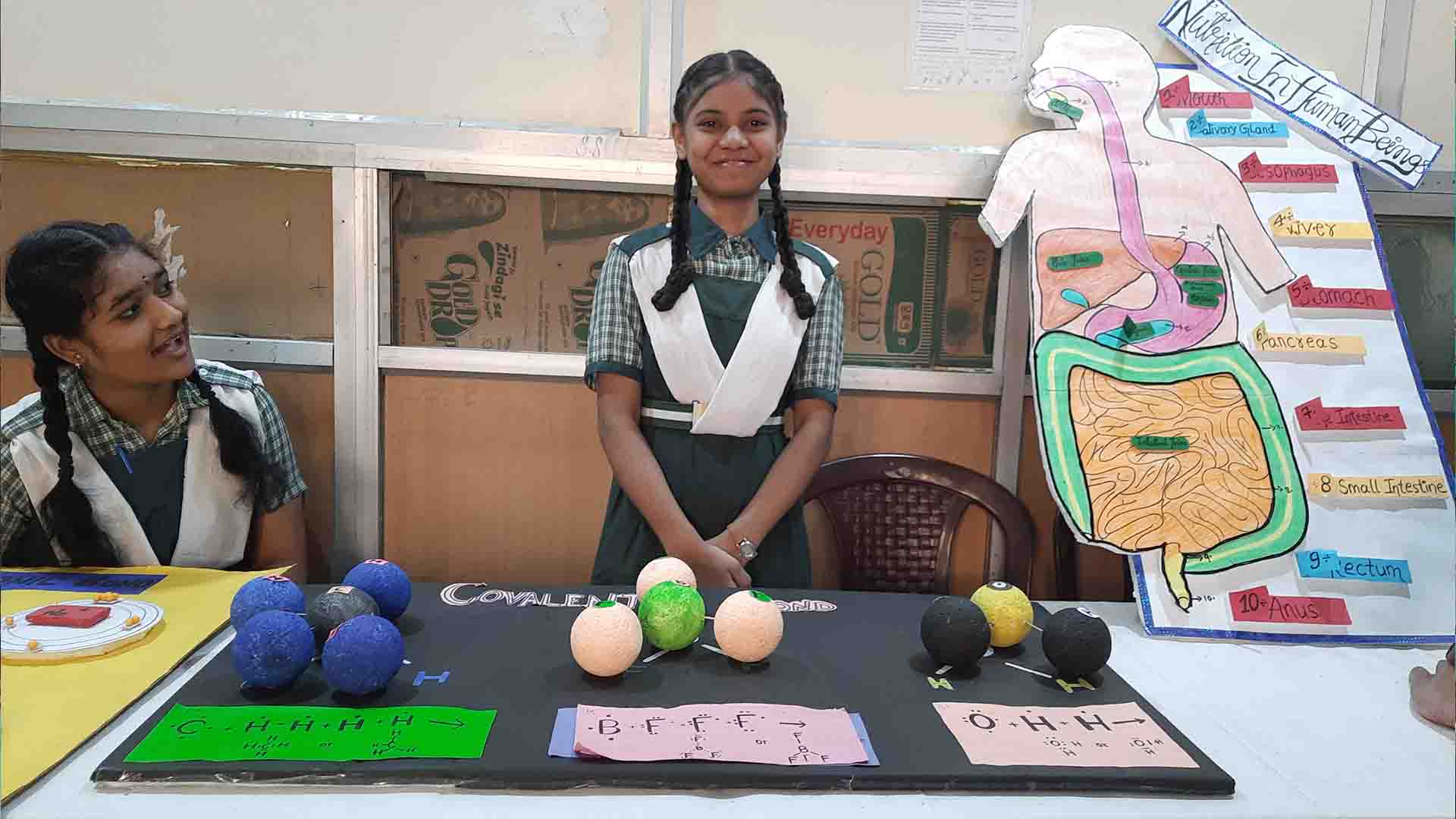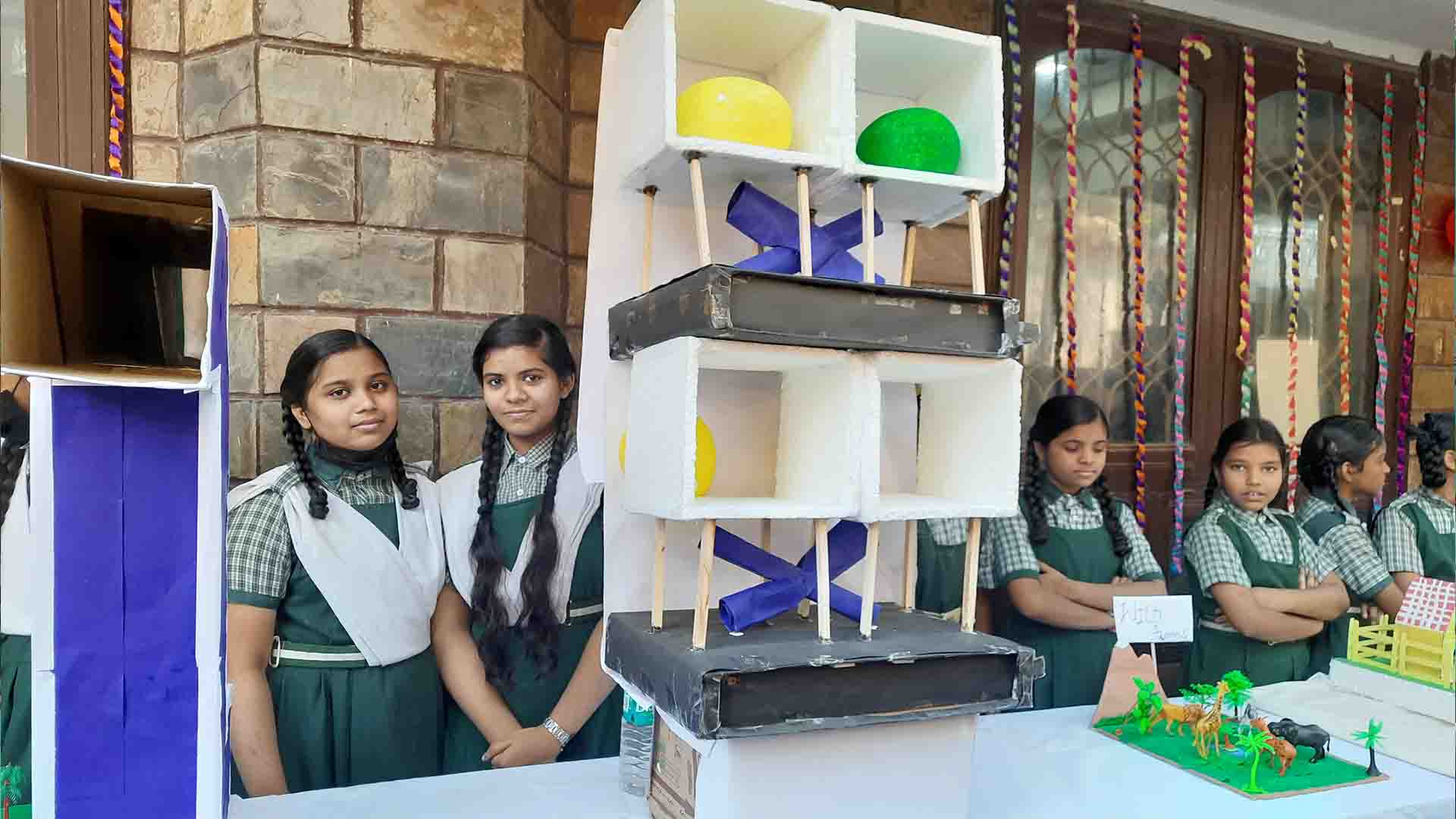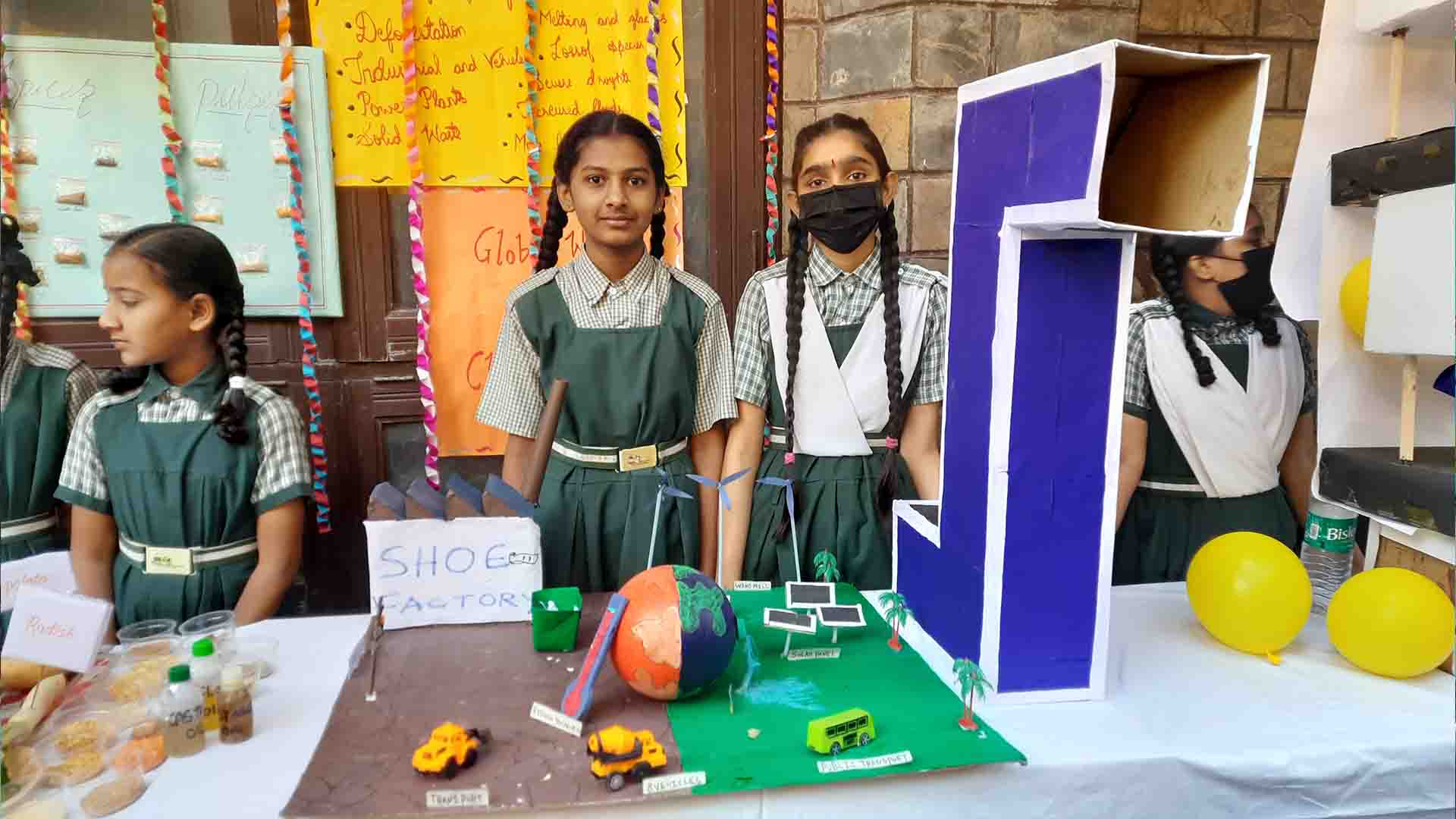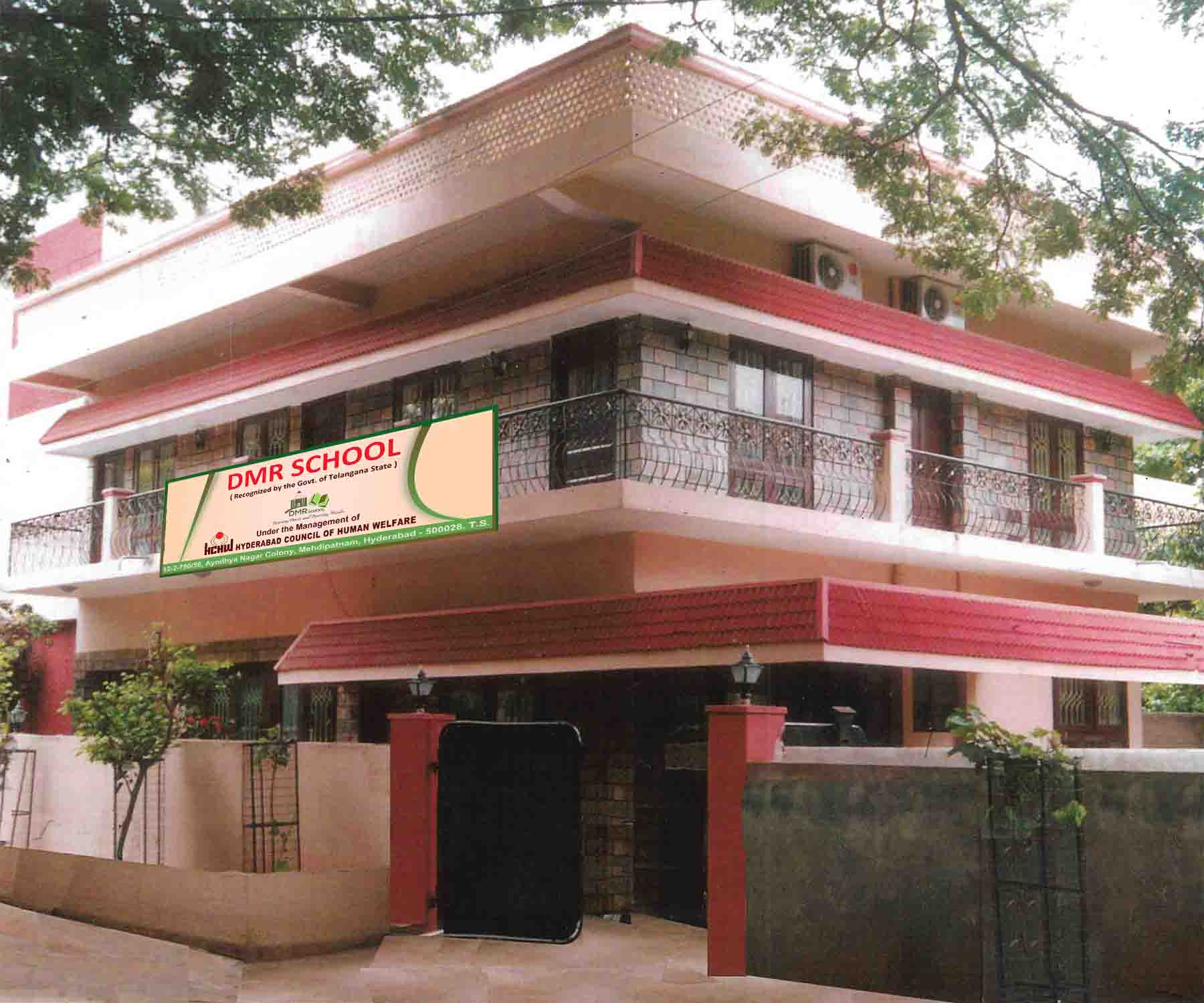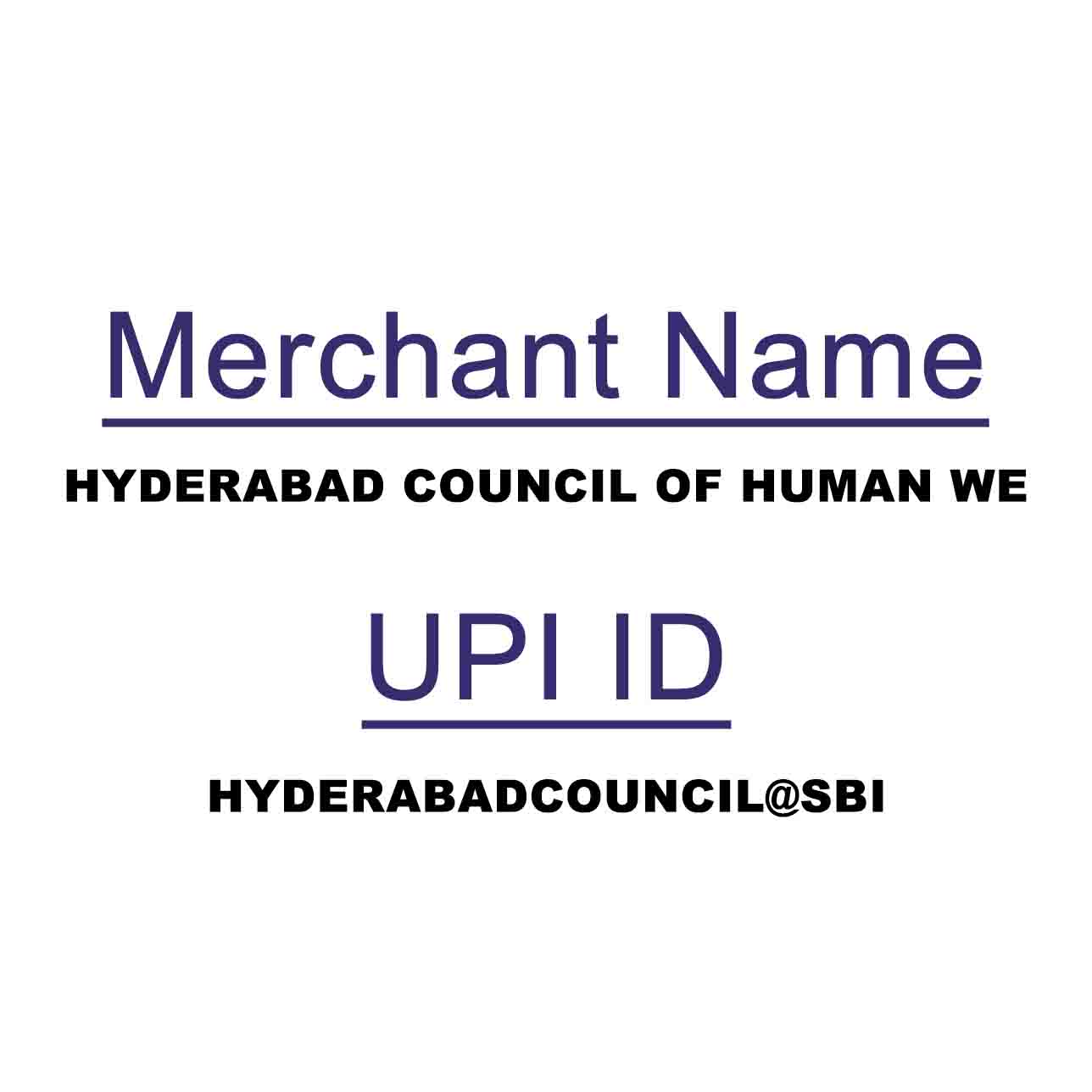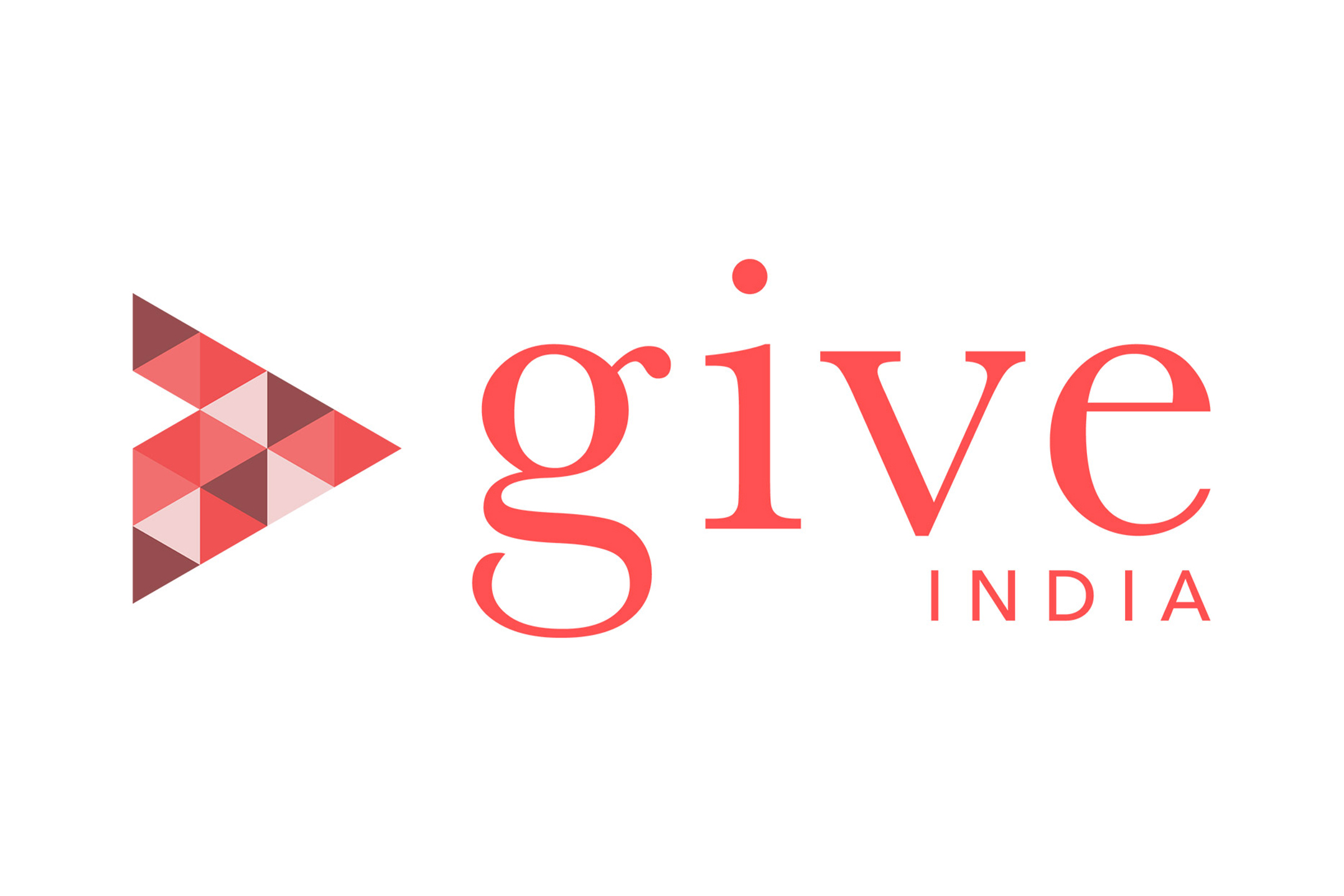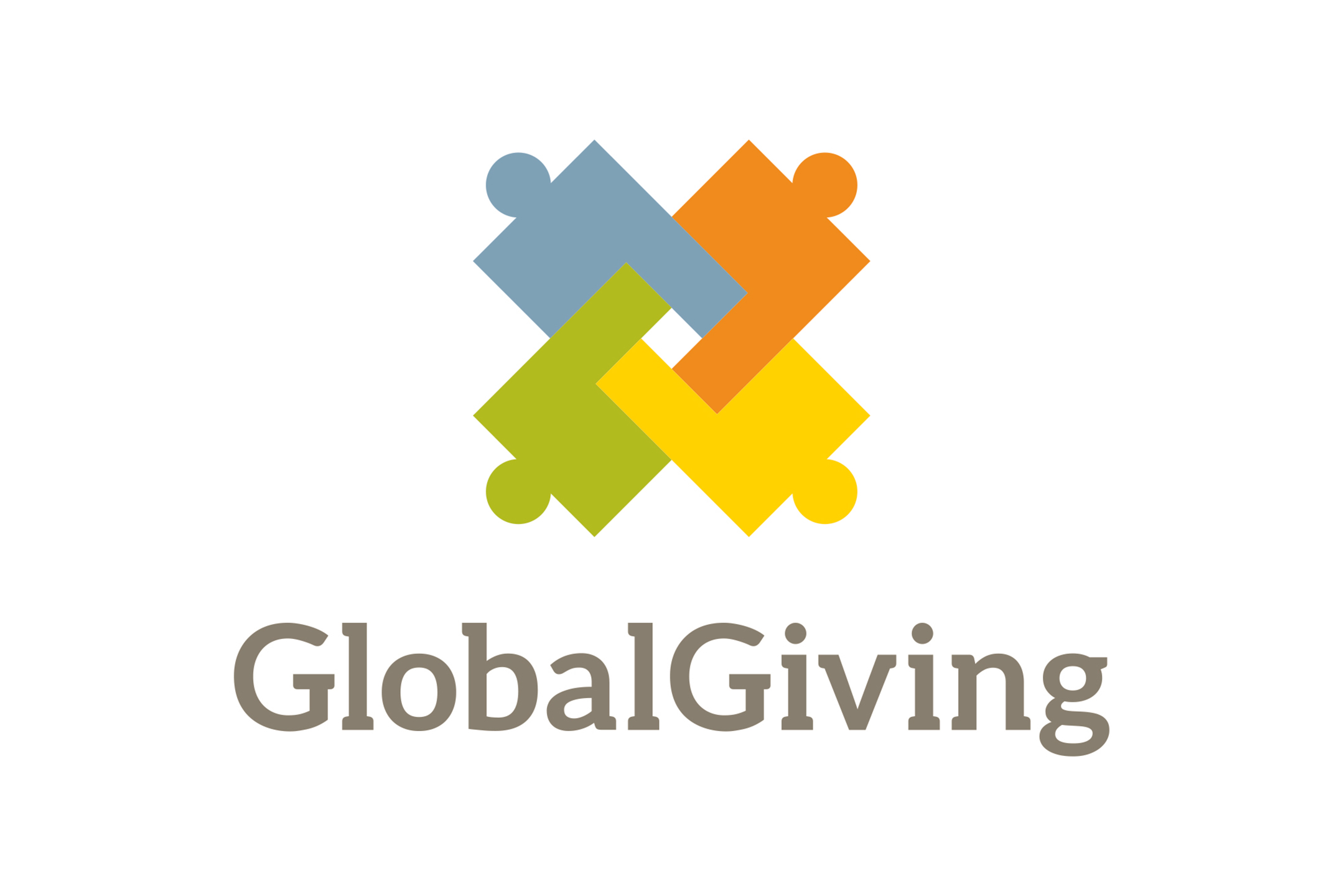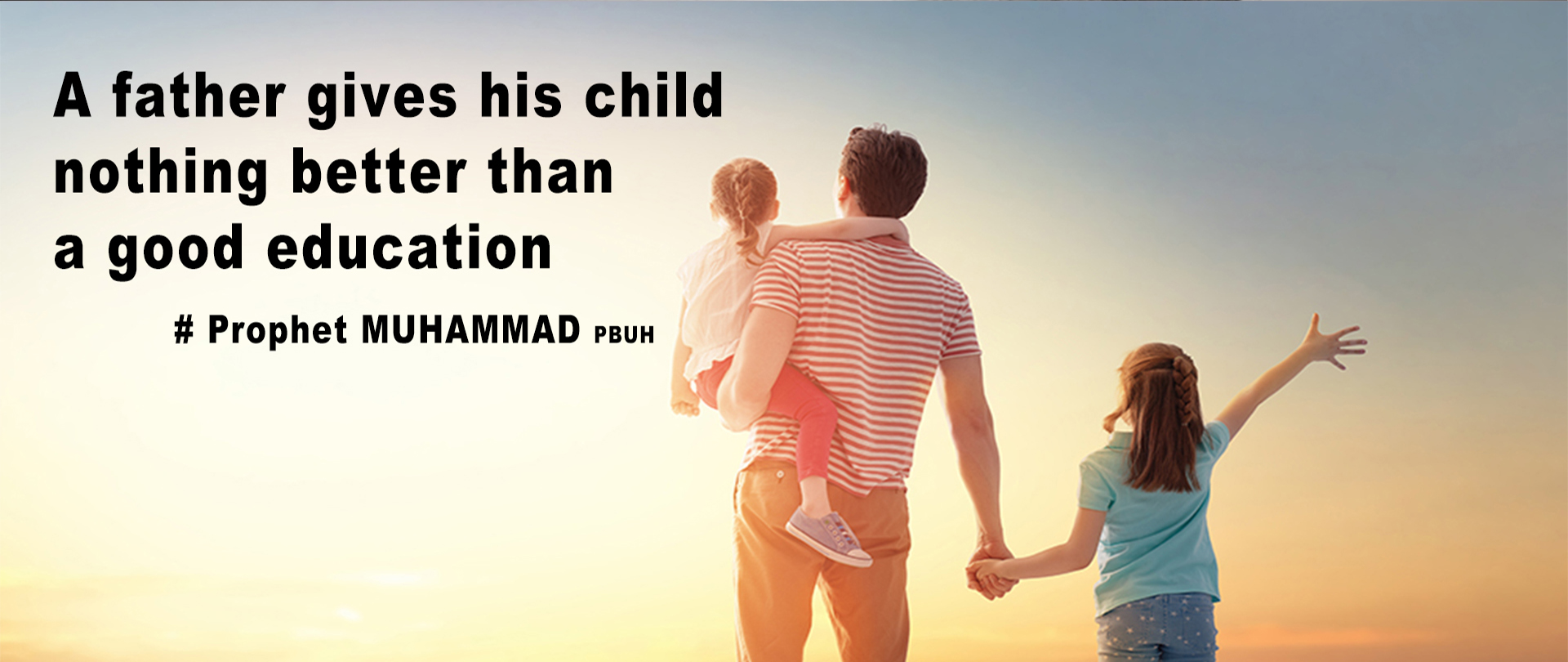
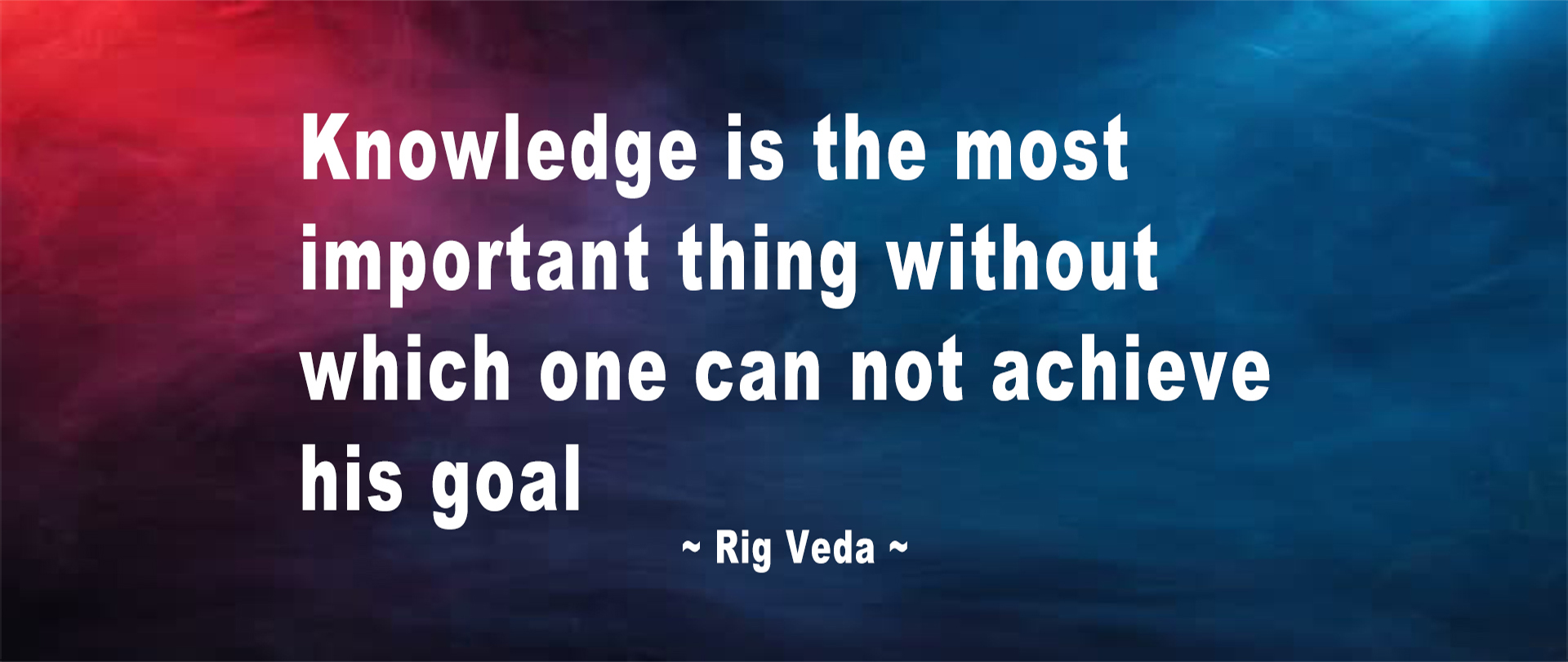

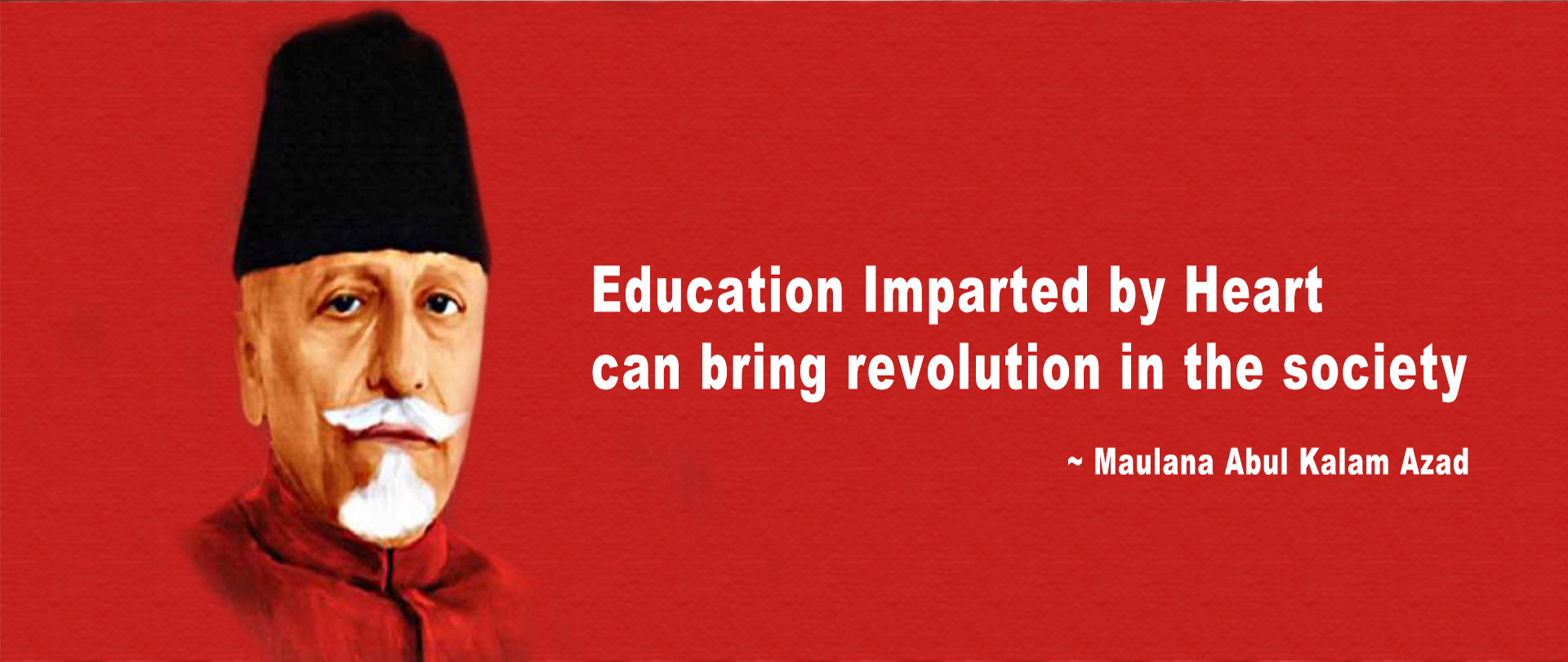
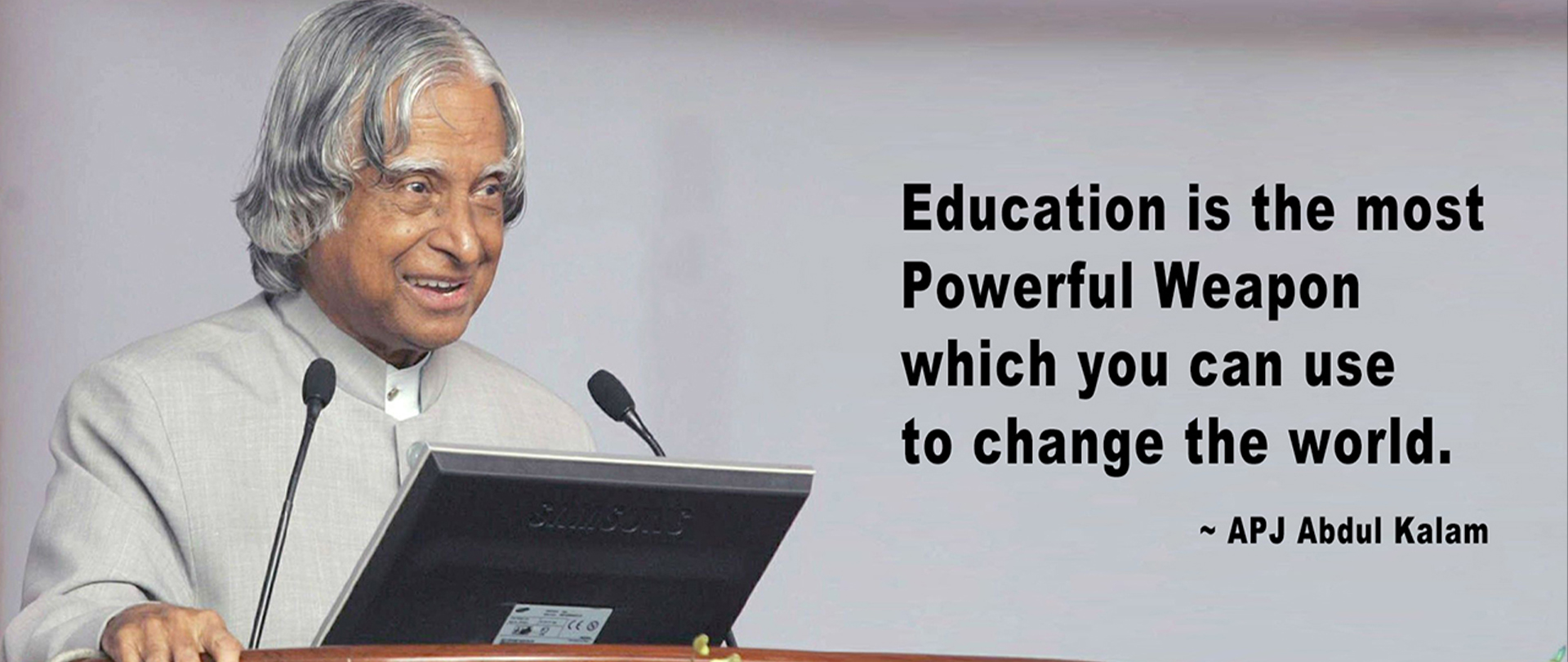
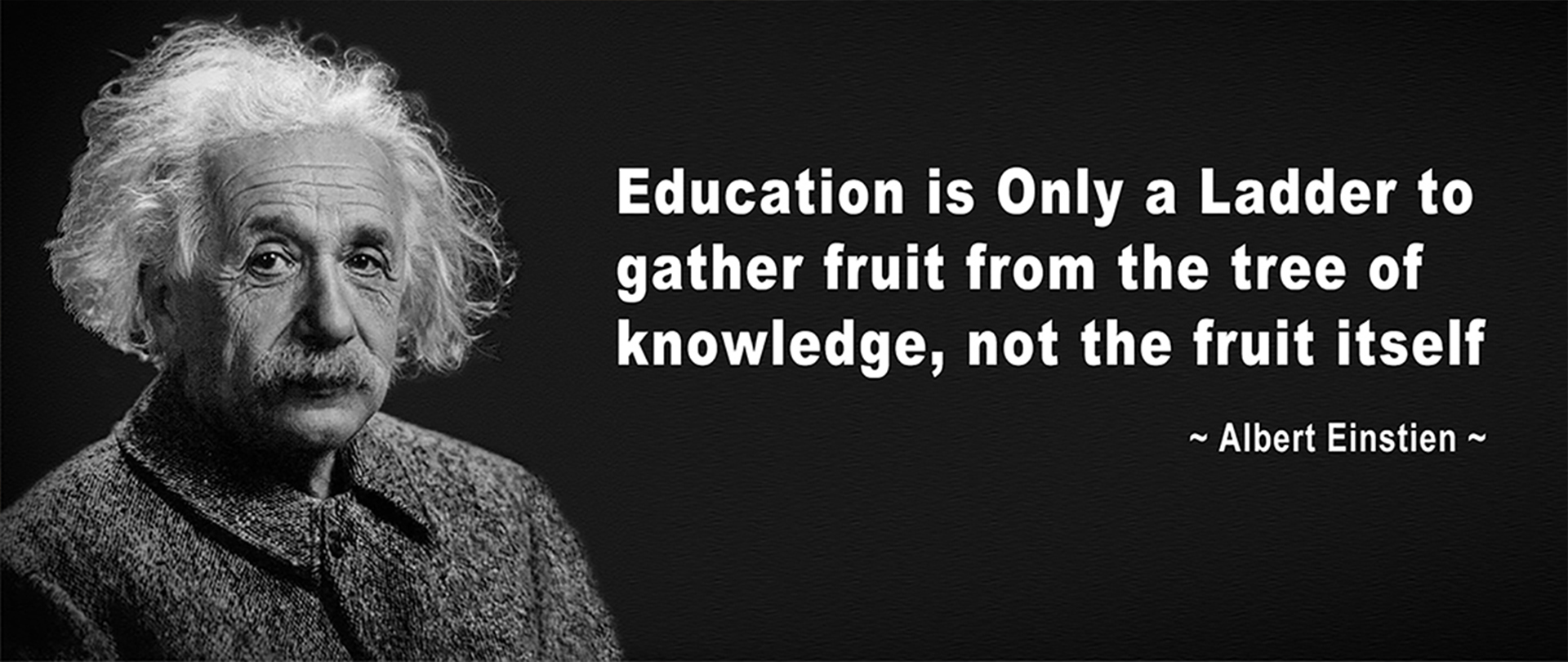
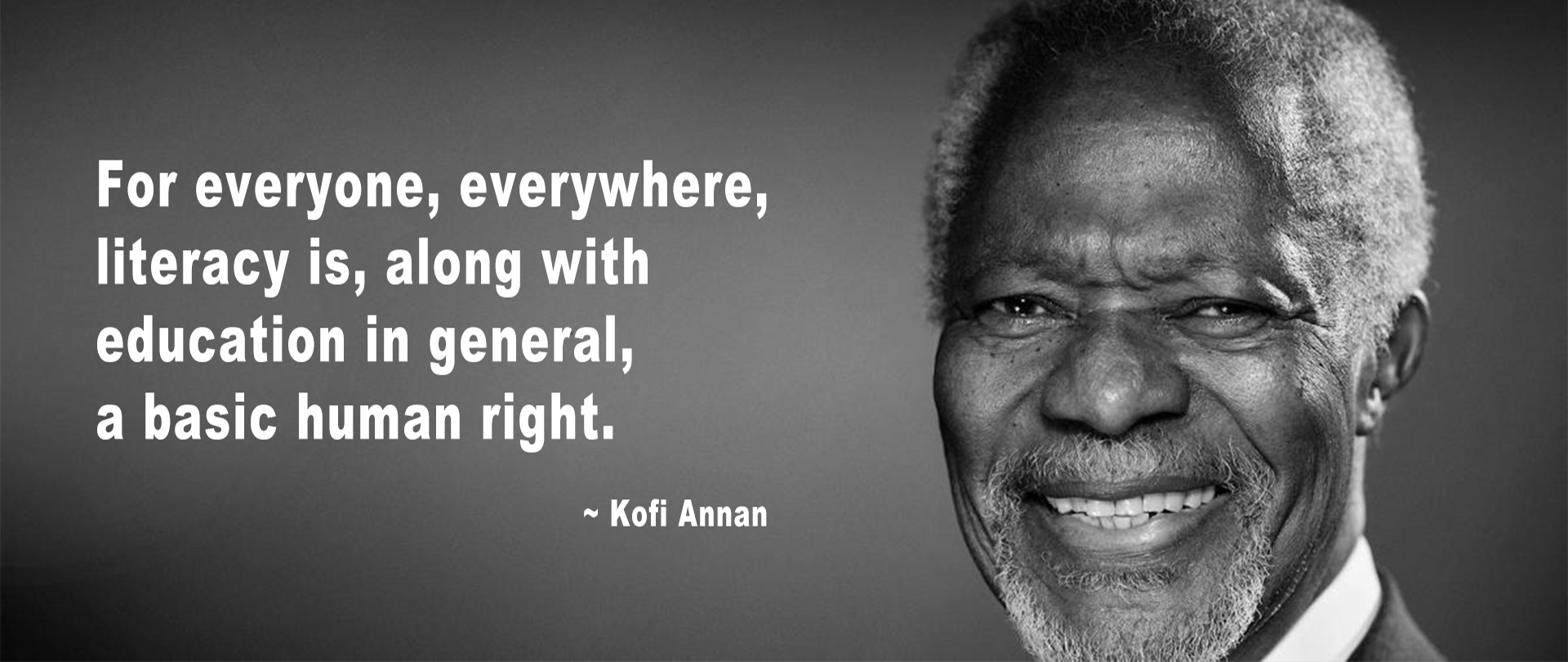







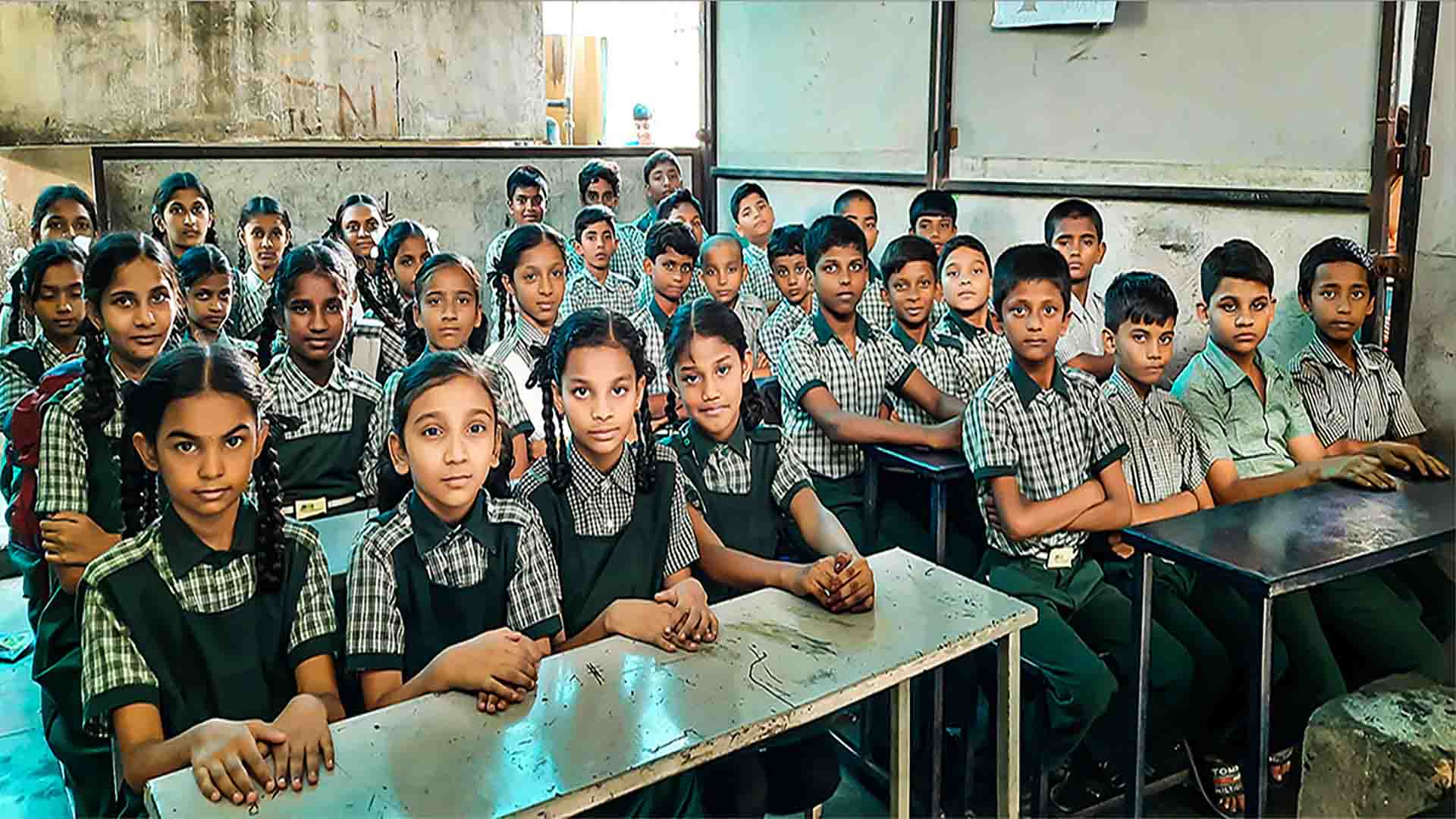
Hyderabad Council of Human Welfare started the full-fledged school in July 2013 to provide free and quality education to children from financially challenged and/or disintegrated families.
The school offers CBSE and SSC combined education to the students. The timings of the school are from 09.00 am to 04.00 pm. The school is recognized by the Government of Telangana State.
Eligibility Criteria
Orphan children are always given priority
Producing future leaders-efficient and realistic, achieving success in different spheres of life while being responsive and sensitive to the social, ecological and ethical concerns

Providing a secure, enabling and nurturing environment where children can grow and develop into responsible and resourceful citizens

The goal of DMR School is two folded. While the focus is on educational mainstreaming of these children, the underlying concern is also the protection and safety of children in their neighborhoods in the absence of parents in the vicinity

• Identification and enrollment of deserving children.
• Provide counseling to the parents as well as children encouraging them for the enrollment in school and thereafter ensuring the retention of children.
• Sensitize parents on issues concerning the safety and protection of children as well as to make them realize the need and importance of education.
• Provide quality education using technology wherever necessary and possible thus ensuring children learn in an enabling environment.
• Take all necessary steps and ensure that children gets a child friendly atmosphere in school at every level.
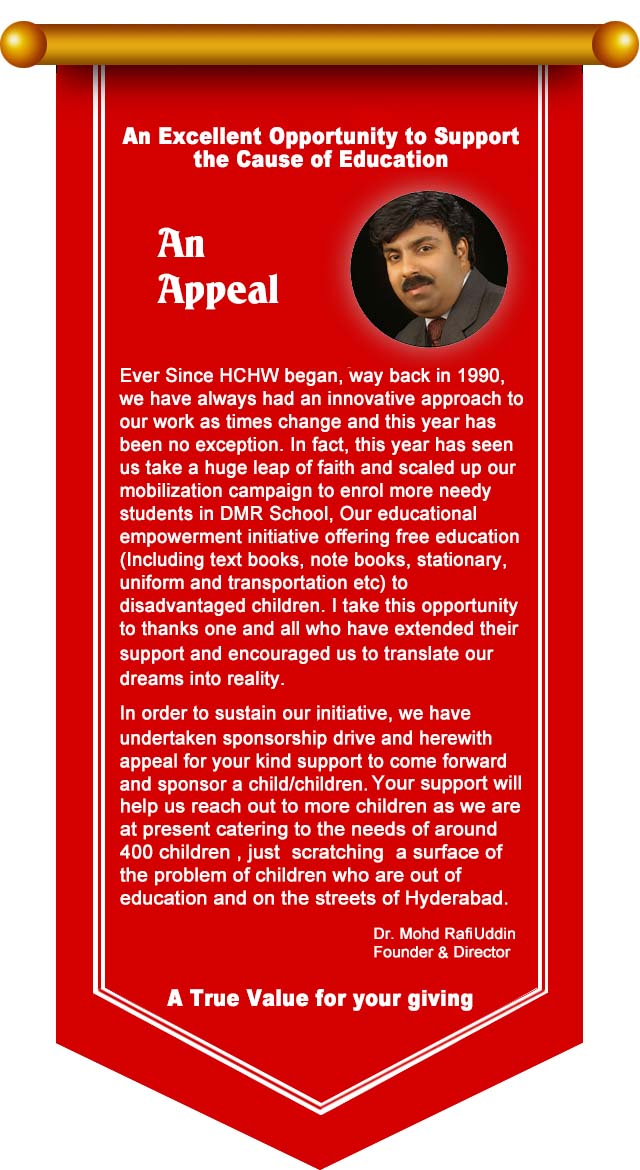

LKG (Lower Kindergarten)
Strength 45
22 23
UKG (Upper Kindergarten)
Strength 38
16 22
FIRST Standard
Strength 25
15 10
SECOND Standard
Strength 49
25 24
THIRD Standard
Strength 46
23 23
FOURTH Standard
Strength 40
19 21
FIFTH Standard
Strength 33
11 22
SIXTH Standard
Strength 21
10 11
SEVENTH Standard
Strength 25
12 13
EIGTH Standard
Strength 25
10 15
NINTH Standard
Strength 18
11 7
TENTH Standard
Strength 23
5 18
